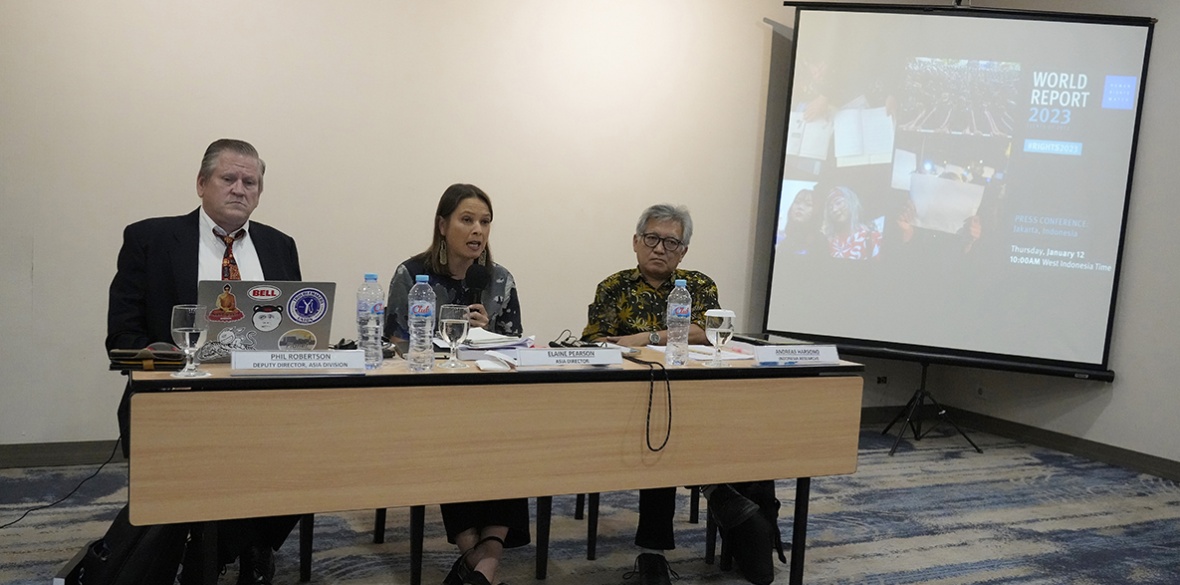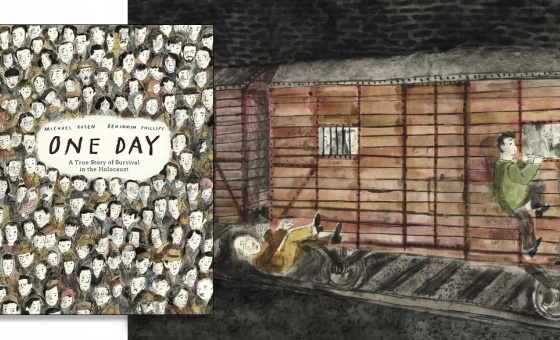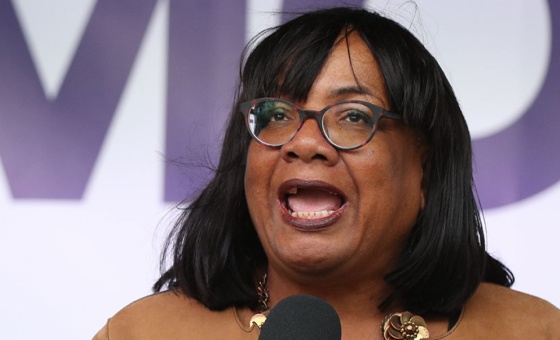This is the last article you can read this month
You can read more article this month
You can read more articles this month
Sorry your limit is up for this month
Reset on:
Please help support the Morning Star by subscribing here
INDONESIA has admitted to carrying out a purge of communists and other serious human rights violations across the country in recent decades.
President Joko Widodo vowed on Wednesday to compensate victims and prevent such abuses from recurring in the future.
Mr Widodo acknowledged “with a clear mind and sincere heart” a total of 12 incidents categorised as gross human rights violations that occurred from the northernmost province of Aceh to the easternmost province of Papua between the 1960s and early 2000s.
“I deeply regret it,” the president said, flanked by Co-ordinating Minister for Political, Legal and Security Affairs Muhammad Mahfud and members of a group of academics, former military generals and activists which was set up in August last year.
The group aims to help support physical rehabilitation, social assistance, health care and scholarship for victims of violence — or their families — that mostly occurred under the former dictator Suharto’s regime.
“We are trying to recover the rights of victims in a fair and wise manner, without negating a judicial settlement,” said Mr Widodo.
The president admitted to the state’s role in mass killings in 1965-66, which mainly targeted members of the Indonesian Communist Party.
He also acknowledged the kidnapping and disappearance of anti-government activists in 1997 and 1998, which was later discovered to be the work of the army’s Special Force Command, known as Kopassus, led at the time by Lieutenant General Prabowo Subianto, who currently serves as Mr Widodo’s Defence Minister.
Lieutenant General Subianto was dismissed from military service for his role. After years in exile abroad, he returned in 2004 to begin a political career.
The Asian Human Rights Commission said: “The protracted settlement of cases of past serious human rights violations has not only caused prolonged suffering for the victims but has also become a stumbling block for national political reconciliation for the government.”









